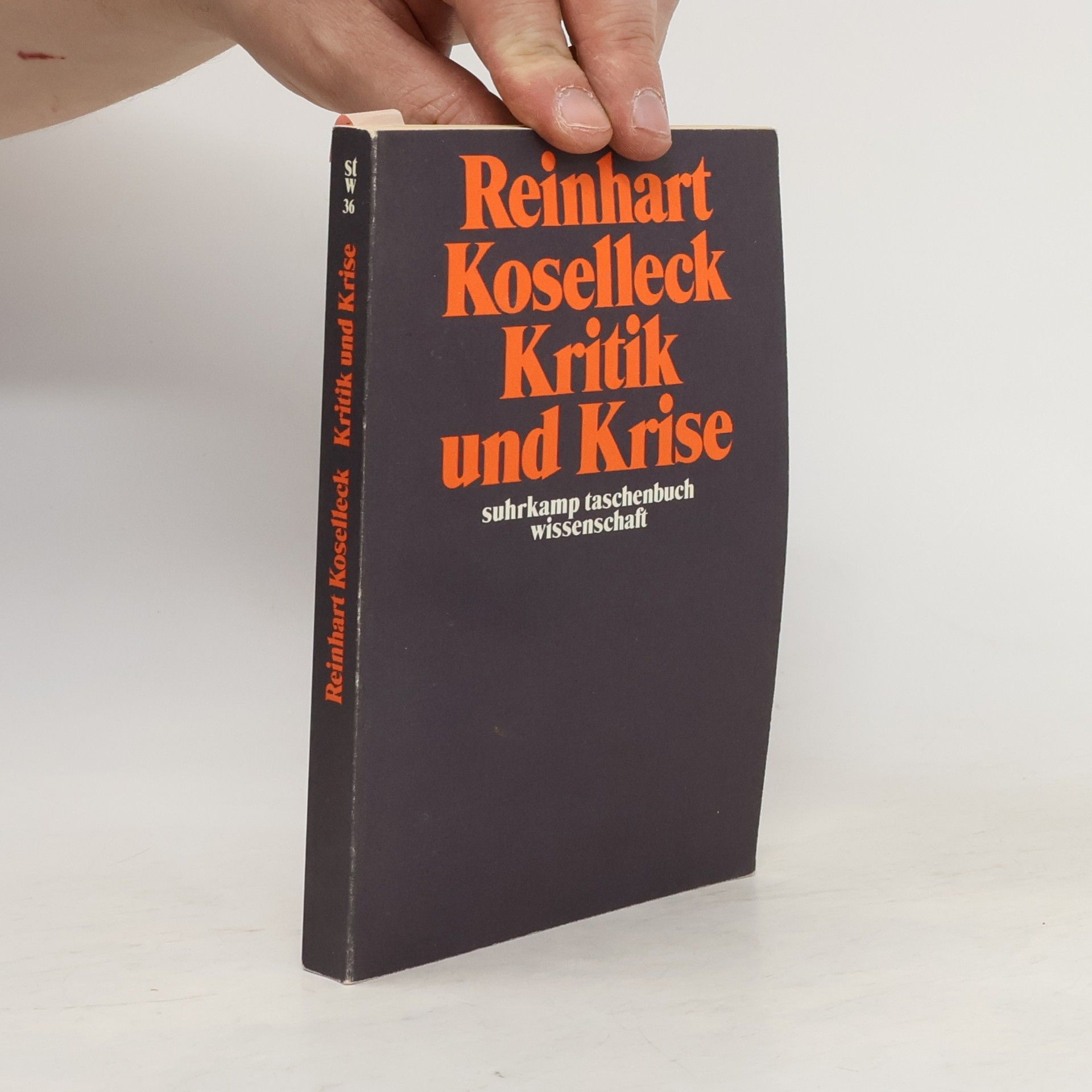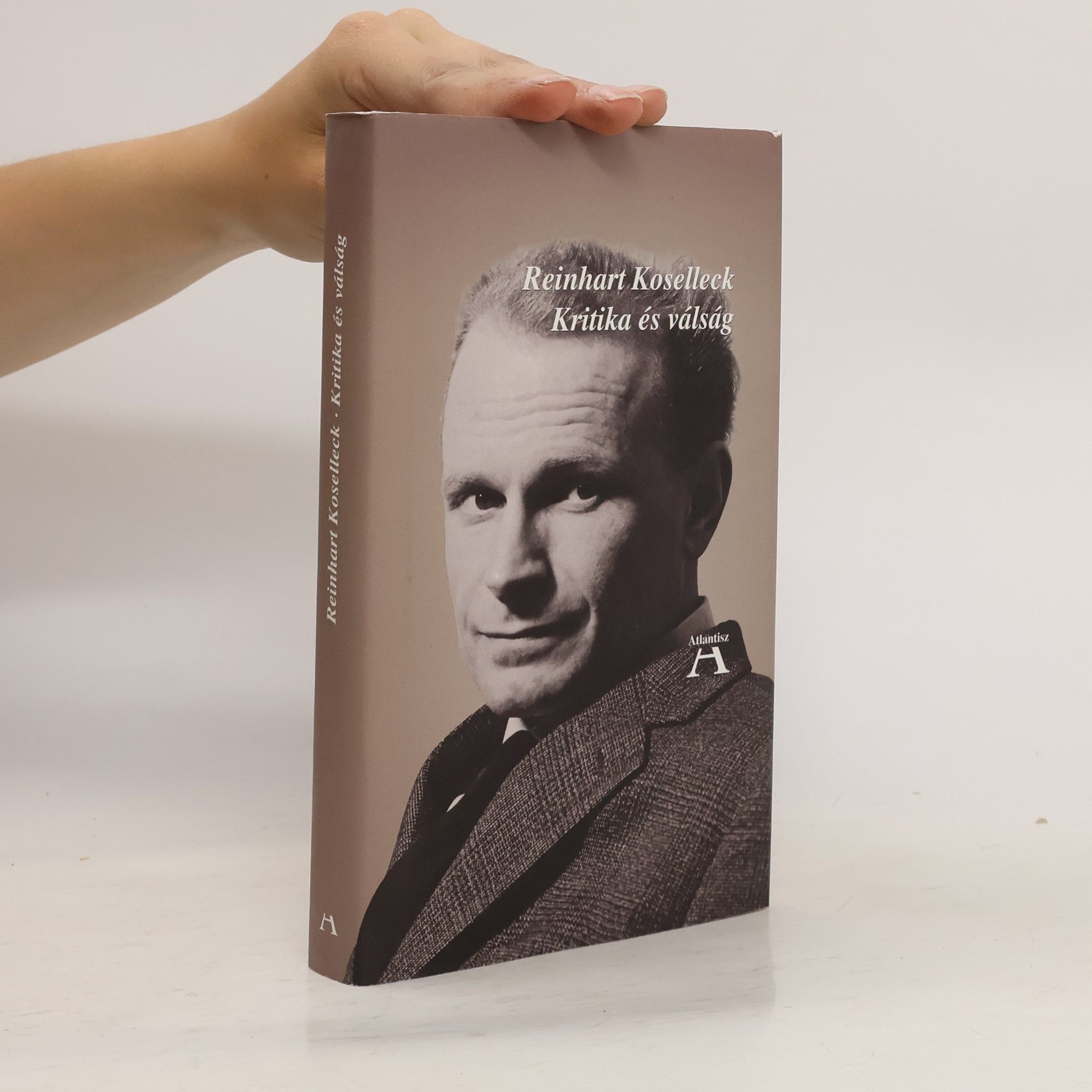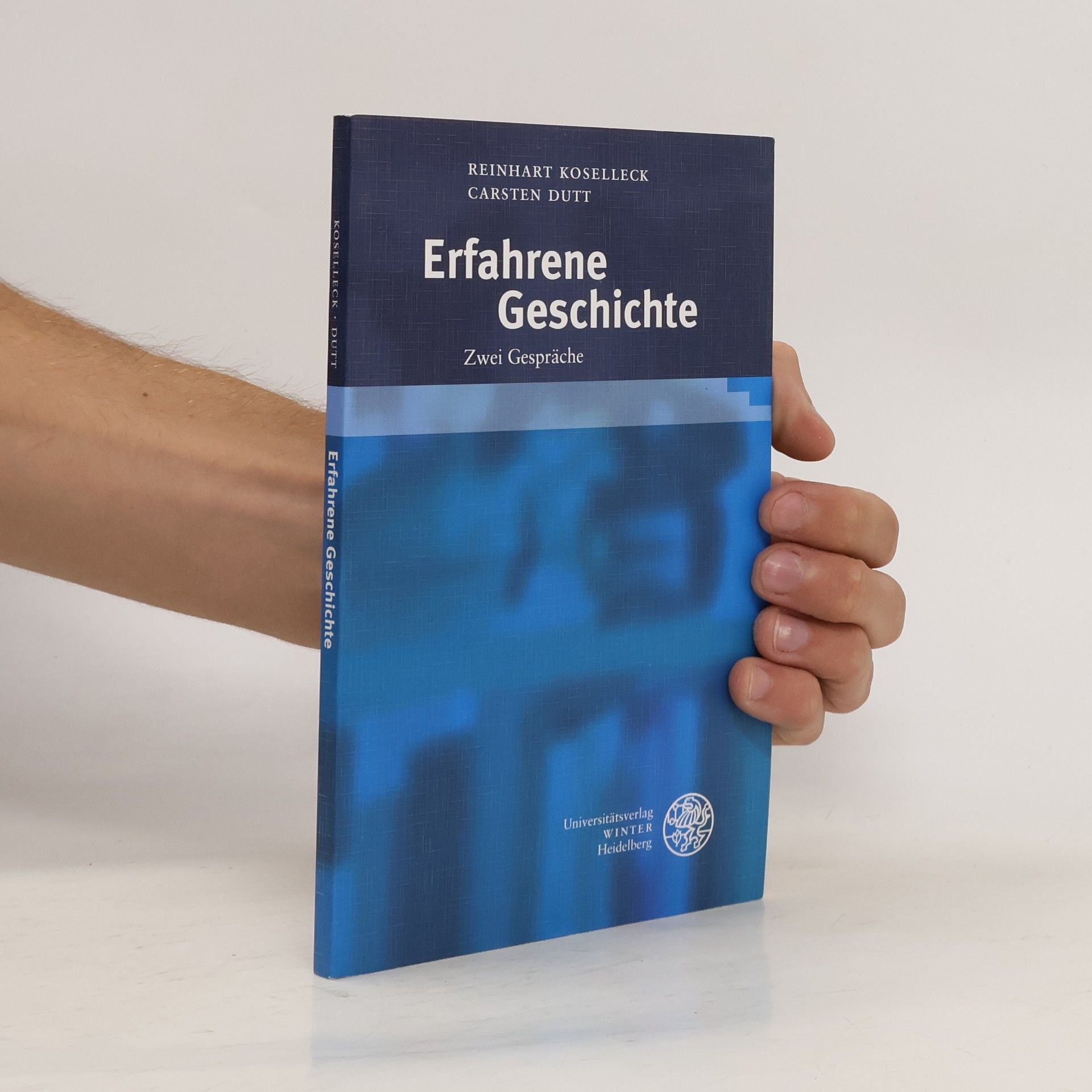Zeichnungen des großen Historikers aus Anlass seines 100. Geburtstages am 23.04.2023. Aus dem Vorwort der Herausgeber: Eines der schönsten Kapitel des Nachlasses unseres Vaters bilden seine Zeichnungen. Die auf Schmierpapieren, Rückseiten und Notizzetteln während Tagungen, Vorlesungen oder Pausen skizzierten Professoren und Studenten, Kollegen, Freundinnen und Freunde sind Entwürfe, die er, so er die Zeit dazu fand, noch einmal zu Hause auf besserem Papier präzisierte, weil der gelungene Strich seinen Ehrgeiz ansprach, die Linie zu perfektionieren. Weit davon entfernt seine Zeichnungen – die er bereits 1983 als VORBILDER – BILDER zu seinem 60. Geburtstag für die Festgemeinde im Eigenverlag edierte – kunsthistorisch zu analysieren oder einzuordnen, wollen wir mit dieser Neuauflage dem Witz neuen Raum geben und den Humor aufgreifen, den seine Striche versprühen, selbst wenn die Leser-innen und Leser von heute die abgebildeten Personen nicht mehr kennen sollten. Ein flugfähiger Philosoph, der schwimmt, verrät etwas über die künstlerische Qualität, die Bilder haben und Texte nicht einlösen können. Sie bleiben frei, vergnüglich und von einer präzisen Unschärfe, die einer begrifflichen Einengung nicht bedürfen. Aufgezeichnete Widersprüche entwickeln sich entlang der physiognomischen Charaktere und werden zu persönlichen Profilen von Menschen, die ihm begegneten.
Reinhart Koselleck Book order (chronological)
Reinhart Koselleck was a German historian, regarded as a pivotal figure in 20th-century historical thought. He occupied a unique position within the discipline, unaligned with any specific school. His extensive work spanned conceptual history, the epistemology of history, linguistics, and the foundations of historical anthropology, social history, and the history of law and government. Koselleck's original insights profoundly shaped the understanding of historical discourse.






Geronnene Lava
Texte zu politischem Totenkult und Erinnerung
»Gestorben wird alleine, zum Töten des Anderen gehören zwei. Die Fähigkeit des Menschen, seinesgleichen umzubringen, konstituiert vielleicht mehr noch menschliche Geschichte als seine Grundbestimmung, sterben zu müssen.« Gedenken an die »gewaltsam Umgebrachten« ist zentral für die politische Kultur. Reinhart Koselleck hat mit seinen Arbeiten zum »Totenkult« ein neues Forschungsfeld erschlossen: die europäischen Denkmalslandschaften in ihrer historischen, ästhetischen und politischen Komplexität. Ob es sich um Opfer für das Vaterland, Kriege, Gewaltherrschaft, Bürgerkriege, Revolutionen oder Staatsverbrechen handelt – alle sind »getötete Tote«. Koselleck betont, dass ein Weiterleben ohne ihr Gedenken nicht möglich ist. Der Band versammelt seine Aufsätze zum politischen Totenkult, Beiträge zu Debatten über die »Neue Wache« und das Holocaustmahnmal in Berlin, theoretische Überlegungen zum Erinnerungsbegriff sowie unveröffentlichte autobiografische Notizen über seine Erfahrungen im Krieg und in russischer Gefangenschaft. In Distanz zur populären »Erinnerungskultur« wird die Differenz zwischen individueller Erfahrung und kollektiven Erinnerungskonstruktionen hervorgehoben. Die Historie soll solche kollektiven Identitäten nicht stiften, sondern kritisch analysieren. Für Koselleck ist dies die Aufgabe der Geschichtswissenschaft.
Sediments of Time
- 344 pages
- 13 hours of reading
This new collection of previously untranslated essays by renowned German conceptual historian and theorist Reinhart Koselleck provides new insight into his theory of history, an ambitious attempt to unearth the conditions of all possible histories.
A 20. század egyik legnagyobb történészének, a történeti gondolkodás megújítójának, a fogalomtörténet tudományága megalapítójának nagy befolyású, számtalan nyelven olvasható korai remekműve először válik elérhetővé a magyar olvasók számára. A könyv a modern társadalomelemzés kiemelkedő alkotása, tudományos szemléletet és közgondolkodást is sok tekintetben újraformáló, mára megkerülhetetlen mű.
Erfahrene Geschichte
- 73 pages
- 3 hours of reading
'Geschichte entzieht sich jeder Instrumentalisierung. Sie wird sich immer rächen als eine Macht, die mehr in sich birgt, als Identifikationsangebote einzwängen können.' (Reinhart Koselleck) Das vorliegende Bändchen dokumentiert ein Fragment gebliebenes Buch aus Gesprächen, an dem Reinhart Koselleck und Carsten Dutt zusammen arbeiteten. Bei zwei Treffen in Bielefeld (2003) und Heidelberg (2004) wurden jeweils einstündige Unterhaltungen aufgezeichnet. In Bielefeld wird zunächst die Zeitzeugenschaft Kosellecks zum Thema: seine Erinnerungen an die Endphase der Weimarer Republik, die NS-Zeit und die frühe Bundesrepublik, und damit die im Spiegel dieser Erinnerungen greifbare Bildungsgeschichte eines politisch wachen und moralisch sensiblen Intellektuellen, dessen Lebensthema die Erkenntnis der Komplexität geschichtlicher Wirklichkeit werden sollte. Das Heidelberger Gespräch dreht sich um Kosellecks akademische Sozialisation an der Ruprecht-Karls-Universität der späten 1940er und frühen 1950er Jahre. Die Interviews dieses Bandes gewähren einen faszinierenden Einblick in Leben und Werk eines der bedeutendsten Historiker des 20. Jahrhunderts. Reinhart Koselleck spricht in ihnen als Zeitzeuge, Autobiograph und Theoretiker der Geschichte. Carsten Dutts Fragen und Nachfragen veranlassen den 'denkenden Historiker', wie Hans-Georg Gadamer Koselleck gelegentlich genannt hat, zu spannenden Auskünften und wichtigen Präzisierungen.
Vom Sinn und Unsinn der Geschichte
- 388 pages
- 14 hours of reading
Einen „modernen Partisanen“ der unendlich vielen Geschichten im Plural gegen die eine Geschichte im Singular – so hat Jacob Taubes den großen Historiker Reinhart Koselleck (1923-2006) einmal charakterisiert und damit sehr genau den kritischen Impuls erfaßt, mit dem Kosellecks vielgerühmte Arbeiten zur Historik sich von den Prätentionen und tendenziell totalitären Konsequenzen substantialistischer Geschichtsphilosophie abstoßen. Dagegen setzt Koselleck die irreduzible Vielfalt und perspektivische Gebrochenheit jener Geschehenseinheiten, auf die wir mit dem Begriff der Geschichte Bezug nehmen und deren Rekonstruktion die immer wieder neue Aufgabe der Historie ist. In diesem Band, der Aufsätze und Vorträge aus vier Jahrzehnten versammelt, werden die Entwicklung und die Reichweite der Koselleckschen Historik eindrucksvoll sichtbar. Neben verstreut publizierten Arbeiten wie der längst in den Rang eines modernen Klassikers aufgestiegenen Studie zur Beantwortung der Frage Wozu noch Historie? versammelt der Band erstmals unveröffentlichte Texte aus dem Nachlaß. Sie erweitern das Bild von Kosellecks Theoriearbeit um wichtige Facetten, zeigen den denkenden Historiker aber auch als Meister empirisch gesättigter Analysen und Darstellungen.
Begriffsgeschichten
- 569 pages
- 20 hours of reading
Der Band erzählt in 25 Untersuchungen die Geschichte der modernen Welt anhand der Begriffsgeschichten von »Staat«, »Revolution«, »Aufklärung«, »Emanzipation«, »Bildung« und »Utopie«. Stets wird dabei der Doppelstatus dieser Begriffe, ihre Indikatoren- und Faktorenrolle im historischen Prozeß, deutlich. Die semantisch-pragmatische Analyse der Begriffe macht Kontinuitäten ebenso wie Umschlagpunkte der Sozial- und Kulturgeschichte sichtbar und gibt so eine eigene Form geschichtlicher Erfahrung frei: Die Historie der Begriffe wird zum Medium der historischen Selbstaufklärung der Gegenwart.
Explores the shifting perceptions and conceptions of historical time that have emerged over the past two centuries. This book argues that the past and the future have become 'relocated' in relation to each other, and that 'history' has emerged as a kind of temporality with distinct characteristics and ways of assimilating experience.
»Was ereignet sich nicht alles zu gleicher Zeit, was sowohl diachron wie synchron aus völlig heterogenen Lebenszusammenhängen hervorgeht? Alle Konflikte, Kompromisse und Konsensbildungen lassen sich zeittheoretisch auf Spannungen und Bruchlinien zurückführen, die in verschiedenen Zeitschichten enthalten sind und von ihnen ausgelöst werden können.« Reinhart Koselleck, zahlreich ausgewiesener Fachmann für die Theorie der Geschichte, geht in den Studien dieses Bandes der Frage nach, was sich bei dem, was Dauer, Lang-, Mittel- oder Kurzfristigkeit genannt wird, eigentlich wiederholt, um einmaliges Handeln zu ermöglichen. Damit legt er in beeindruckender Weise die zeittheoretischen Fluchtlinien frei, die Erkenntnis und Darstellung von Geschichte erst möglich machen.
Reinhart Koselleck is regarded as one of the most important theorists of history and historiography of the late 20th century, and is an exponent and practitioner of Begriffsgeschichte. The 18 essays in this volume illustrate the four theses of Koselleck's concept of history.



